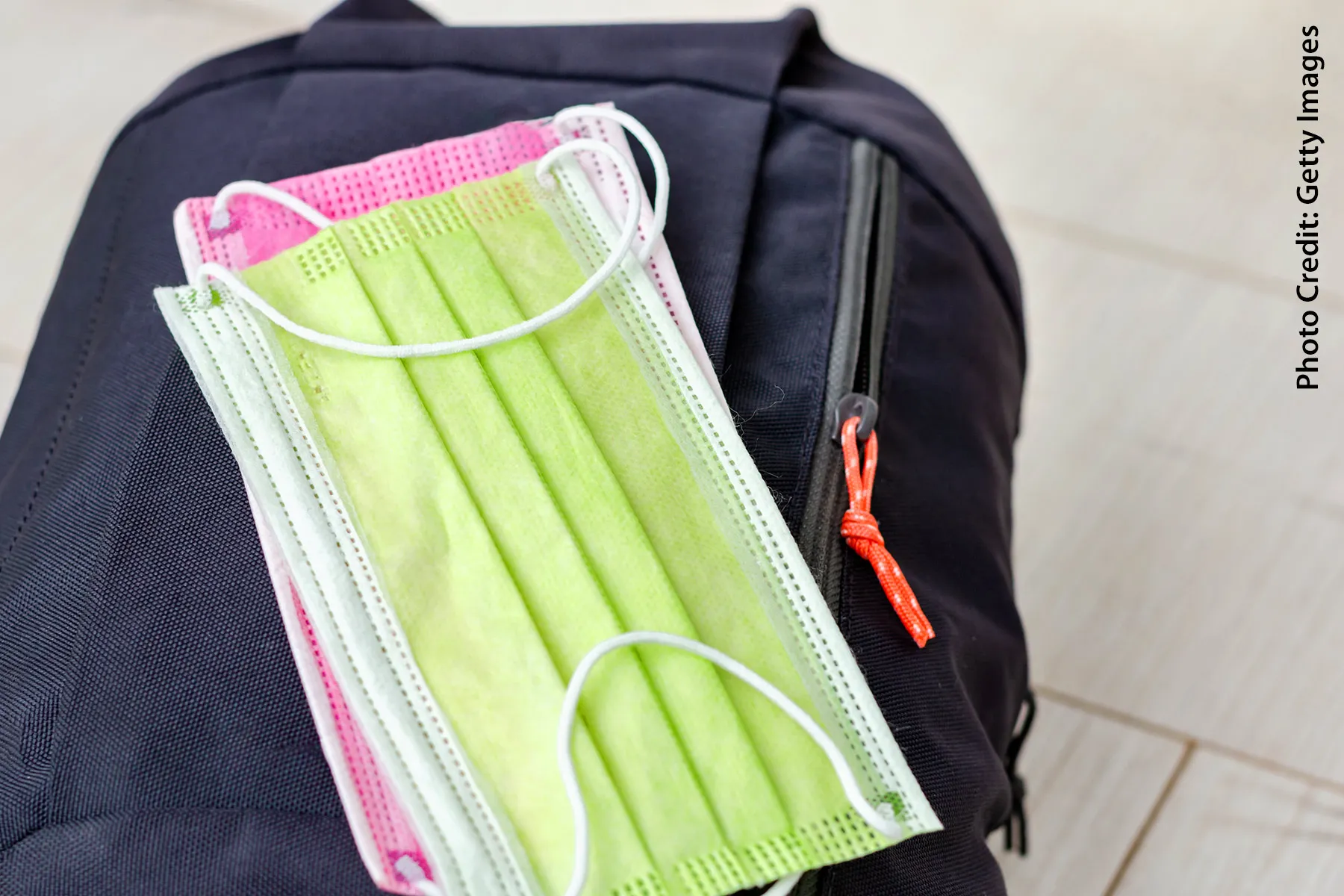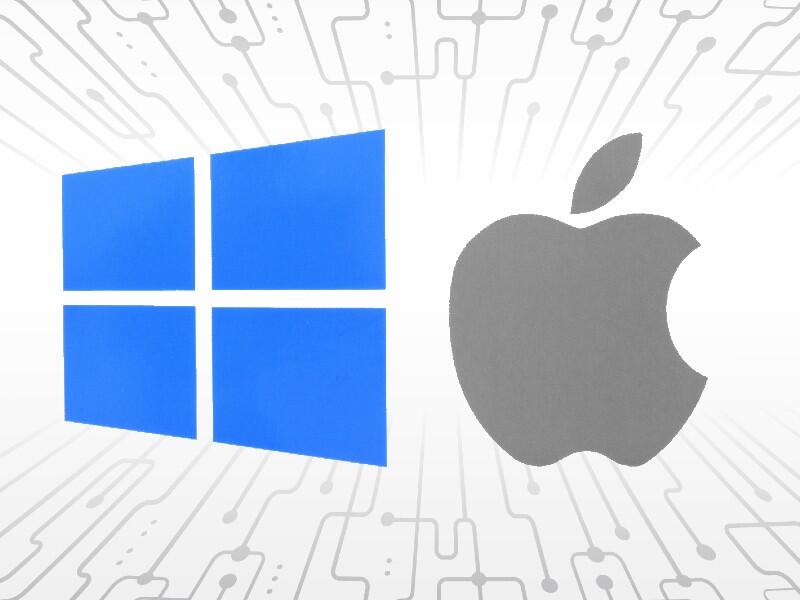Understanding Pediatric Occupational Therapy
Discover the importance of pediatric occupational therapy in supporting children’s development and helping them thrive in daily activities. Learn how it makes a difference.

Pediatric occupational therapy is an essential service for children who face difficulties in performing daily activities due to developmental, physical, or emotional challenges. This therapy helps children enhance their ability to participate in everyday tasks, such as playing, interacting with others, or even simple tasks like eating or dressing. Occupational therapists work with children to develop the skills they need for these activities, aiming to improve their quality of life, independence, and overall well-being.
In this article, we will explore what pediatric occupational therapy is, how it can benefit children, and why it's a crucial part of a child’s development. Let’s dive into the world of pediatric occupational therapy and understand its significance in a child's growth and progress.
What is Pediatric Occupational Therapy?
Pediatric occupational therapy is a specialized field of therapy designed to support children who have difficulty with the activities of daily life. Occupational therapists work with children who have physical, cognitive, sensory, or emotional challenges that prevent them from participating fully in everyday tasks. This type of therapy is holistic and personalized to each child’s unique needs, focusing on their strengths and helping them overcome their challenges.
The goal of pediatric occupational therapy is not only to help children perform daily tasks but also to help them develop skills that will allow them to succeed in school, at home, and in social environments. Whether it’s building motor skills, improving sensory processing, or developing social-emotional skills, pediatric occupational therapy can be a game-changer for children.
How Pediatric Occupational Therapy Helps Children
-
Fine Motor Skills Development: Pediatric occupational therapists focus on helping children develop fine motor skills, which are essential for tasks such as writing, buttoning clothes, and using utensils. Through fun activities and targeted exercises, therapists guide children to strengthen their hand-eye coordination, dexterity, and finger strength. By improving these skills, children become more confident and independent in performing daily tasks.
-
Sensory Integration: Children with sensory processing challenges may struggle with the way their brain processes sensory information, such as touch, sound, light, or movement. Pediatric occupational therapy helps children manage sensory sensitivities by using techniques that help them become more comfortable with different sensations. For instance, therapists may use sensory-rich activities like swinging or brushing to help children adjust and respond more appropriately to sensory input.
-
Self-Care and Independence: Pediatric occupational therapy plays a significant role in teaching children self-care skills, such as dressing, grooming, and eating. By breaking down these tasks into manageable steps, therapists guide children to develop the independence they need to take care of themselves. Over time, children gain confidence and a sense of accomplishment when they can perform these tasks on their own.
-
Social Skills and Communication: Occupational therapists also work on improving social skills and communication, which are critical for a child’s development. Through role-playing and structured social activities, therapists help children improve their ability to interact with peers and adults. These skills are vital for building friendships, participating in group activities, and succeeding in a school environment.
-
Cognitive Development: Occupational therapy can also support cognitive development by helping children with problem-solving, attention, memory, and executive functioning. Activities like puzzles, games, and memory exercises are used to improve focus, planning, and organizational skills. These cognitive skills are essential for academic success and overall functioning.
-
School Readiness: Children who receive pediatric occupational therapy can often be better prepared for school. They gain the skills needed to thrive in the classroom, including attention control, following instructions, sitting still for extended periods, and completing schoolwork. These abilities help children perform better academically and socially.
When to Seek Pediatric Occupational Therapy
Parents or caregivers may notice signs that a child could benefit from pediatric occupational therapy. These signs include:
- Difficulty with fine motor tasks like writing or using utensils
- Sensory sensitivities, such as overreacting to certain textures or sounds
- Struggling with self-care activities like dressing or eating
- Challenges with attention, focus, and organization
- Difficulty interacting with peers or adults
- Delayed developmental milestones
If you notice any of these signs, it's important to consult with a pediatric occupational therapist for an evaluation. Early intervention is key to helping children overcome challenges and reach their full potential.
The Benefits of Pediatric Occupational Therapy
The benefits of pediatric occupational therapy are wide-ranging and can have a long-lasting impact on a child’s life. Some of the key benefits include:
- Increased Independence: Children who receive therapy can become more independent in performing everyday tasks, leading to improved self-esteem and confidence.
- Better Social Interaction: Occupational therapy helps children develop social skills, which are vital for forming friendships and interacting with others in various settings, including school and the community.
- Enhanced Motor Skills: Therapy helps children strengthen their motor skills, which are necessary for tasks such as writing, playing sports, or even managing personal hygiene.
- Improved Sensory Processing: Children with sensory sensitivities benefit from therapy that helps them better respond to various stimuli in their environment.
- Stronger Academic Performance: With the development of attention, problem-solving, and organizational skills, children often perform better academically, leading to greater success in school.
The Role of Parents and Caregivers in Pediatric Occupational Therapy
Parents and caregivers play a vital role in the success of pediatric occupational therapy. They can work closely with therapists to reinforce the skills learned during therapy sessions. This might include practicing fine motor exercises at home, creating a sensory-friendly environment, or encouraging social interactions in real-world settings. By being actively involved, parents can help ensure that their child’s progress continues outside of therapy sessions and in everyday life.
Pediatric Occupational Therapy at Kickstart Therapy
At Kickstart Therapy, we provide high-quality pediatric occupational therapy services tailored to meet the individual needs of each child. Our team of experienced therapists works with children of all ages, addressing a wide range of challenges, from motor skills to sensory processing issues. Our goal is to help children thrive by equipping them with the skills they need for success in daily life.
We offer a welcoming, supportive environment where children feel safe to explore, learn, and grow. Through personalized therapy plans, we ensure that each child’s unique needs are addressed, and progress is tracked every step of the way. We believe in making therapy enjoyable and engaging, so children look forward to each session and achieve the best possible outcomes.
Conclusion
Pediatric occupational therapy is a powerful tool for supporting children who face challenges in performing everyday tasks. By focusing on skills like fine motor development, sensory processing, self-care, and social interactions, this therapy helps children become more independent, confident, and successful in their daily lives. If you notice that your child is struggling with any of these areas, consider seeking the help of a qualified pediatric occupational therapist. The right therapy can make a world of difference in helping your child thrive and succeed.
What's Your Reaction?
















